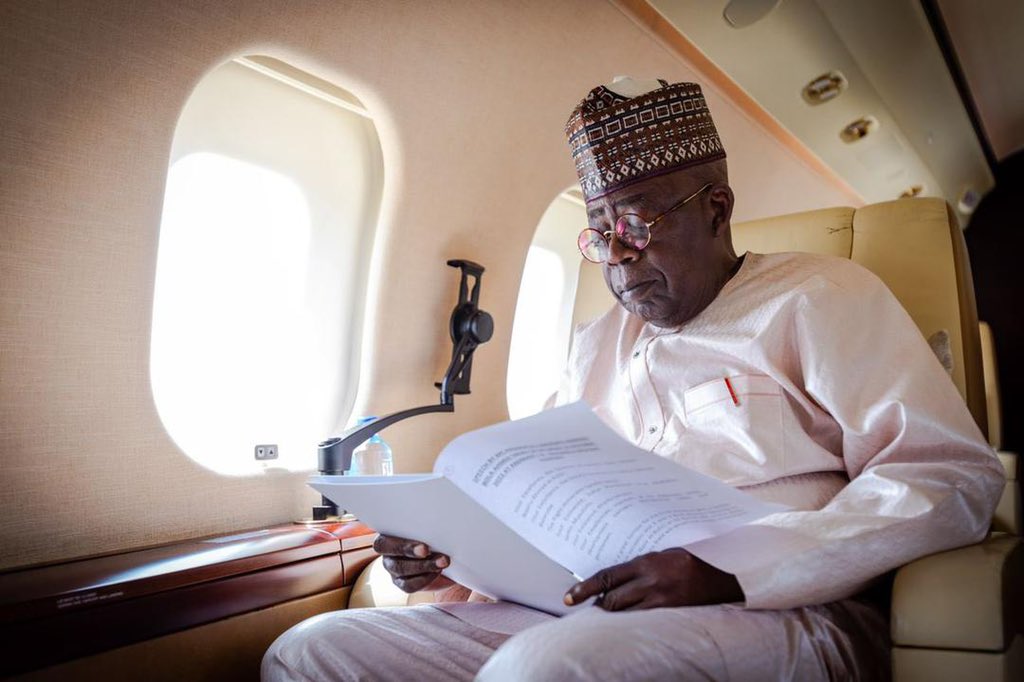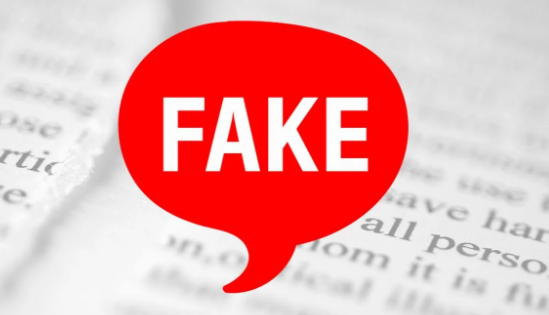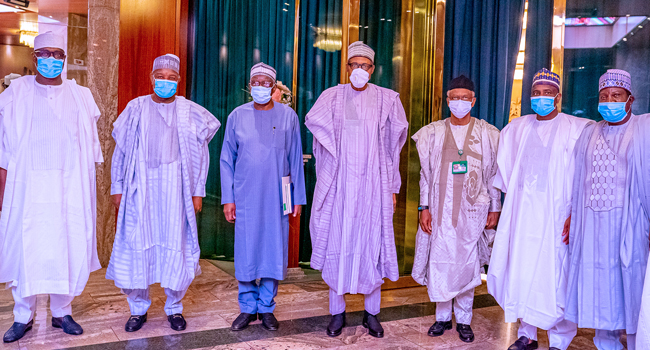BY ADIMULA OLUWABUKOLA
According to the World Bank, subsidy payments could significantly impact public finance and pose debt sustainability concerns in Nigeria. Nigeria’s economy depends on petroleum, accounting for 90 percent of its exports and one-third of its GDP. However, the petroleum industry recently recorded zero revenue.
The Nigerian National Petroleum Company released a report in October 2022 that revealed that the agency recorded zero revenue from oil export due to the subsidy payment. Petrol subsidy alone for October 2022 gulped ₦199 billion. Nigeria incurs too much cost to pay fuel subsidies. There is a need to consider removing the fuel subsidy to fund other sectors of the economy.
In Nigeria’s 2023 budget, the federal government (FG) allocated ₦3.6 trillion to pay for fuel subsidies for the first half of 2023. This figure shows a huge gap compared to the allocated ₦443 billion subsidy payment for January to June 2022. The FG can utilize the enormous budget allocated to fuel subsidies to fund other strategic sectors.
Advertisement
One such strategic sector is building good roads to attract investors. Nigeria possesses abundant arable land areas that are uncultivated because they are not accessible. Research has shown that investment in good roads to enable transactions will bring about economic growth. A World Bank report also showed that better road infrastructure reduces transport costs, making it easier for businesses to reach internal and external markets.
The FG spends about ₦40.1 billion daily, subsidizing every litre of petrol consumed in Nigeria by at least ₦600. It means the government spends about ₦1.24 trillion on fuel subsidies monthly. The country is in massive debt and would need more money to subsidize fuel. As of March 31, 2022, Nigeria’s total public debt stock stood at ₦41.60 trillion ($100.07 billion).
The country needs to consider getting investors into the petroleum sector to boost the country’s economy. Since 2000, the Nigerian government has issued at least 20 refinery licenses to private companies. However, not one refinery has been built. Investors could not recoup their investments due to the artificially low price structure caused by fuel subsidies.
Advertisement
To enable a conducive environment for investors, the deregulation of the oil sector is critical. That way, the FG will no longer remain the leading petroleum product supplier. This approach will allow investors to take over the role of supplying petroleum products.
Furthermore, subsidizing fuel usually increases fuel diversion to neighbouring countries and smuggling by corrupt government officials. In 2012, Nigerian President Goodluck Jonathan initially removed the fuel subsidy because of the corruption in the system. The country discharged 59 million litres of petrol by vessel but has a daily consumption of 35 million litres as of 2012. The FG subsidized about 24 million litres of petrol daily, which Nigerians did not utilize. Critics of the subsidy say fuel importers overcharge for fuel using corrupt accounting procedures. The system of subsidizing fuel in the country is corrupt.
Nigeria should consider Indonesia’s method when removing its fuel subsidy. Indonesia designed a cash-transfer program that targeted the poor and gained the trust of its citizens. Nigeria could reduce the percentage of excise taxes citizens pay to enable them to afford the new fuel price.
Fuel subsidy removal in Nigeria is an economic necessity, as the subsidy funds could lead to major development gains. With the proper structure, such as building good infrastructure and a conducive environment for investors, removing subsidies can be the blessing the economy needs right now.
Advertisement
Adimula Oluwabukola is a writing fellow at African Liberty.
Views expressed by contributors are strictly personal and not of TheCable.
Add a comment






